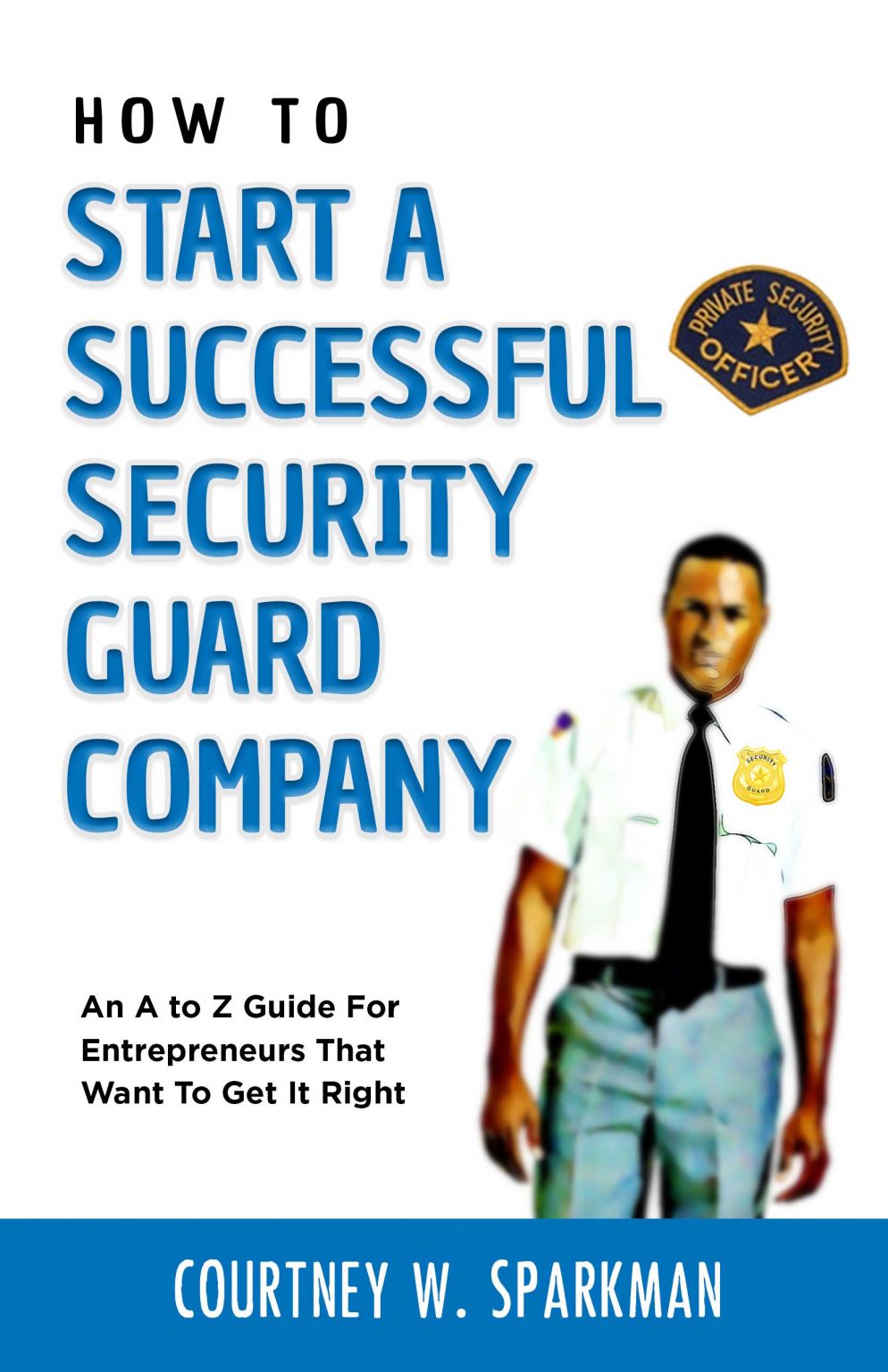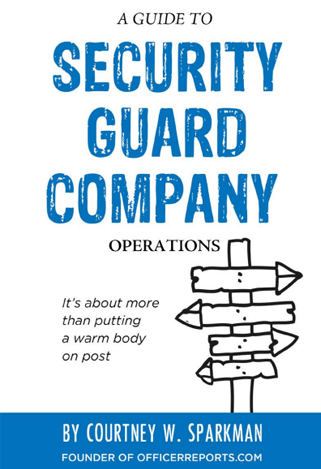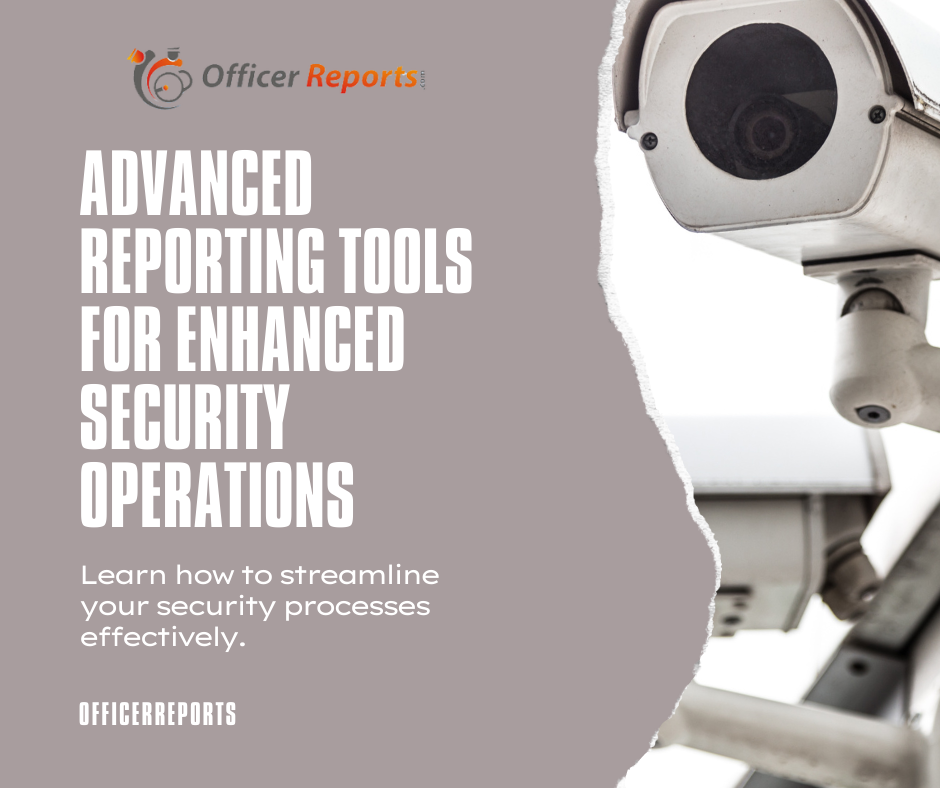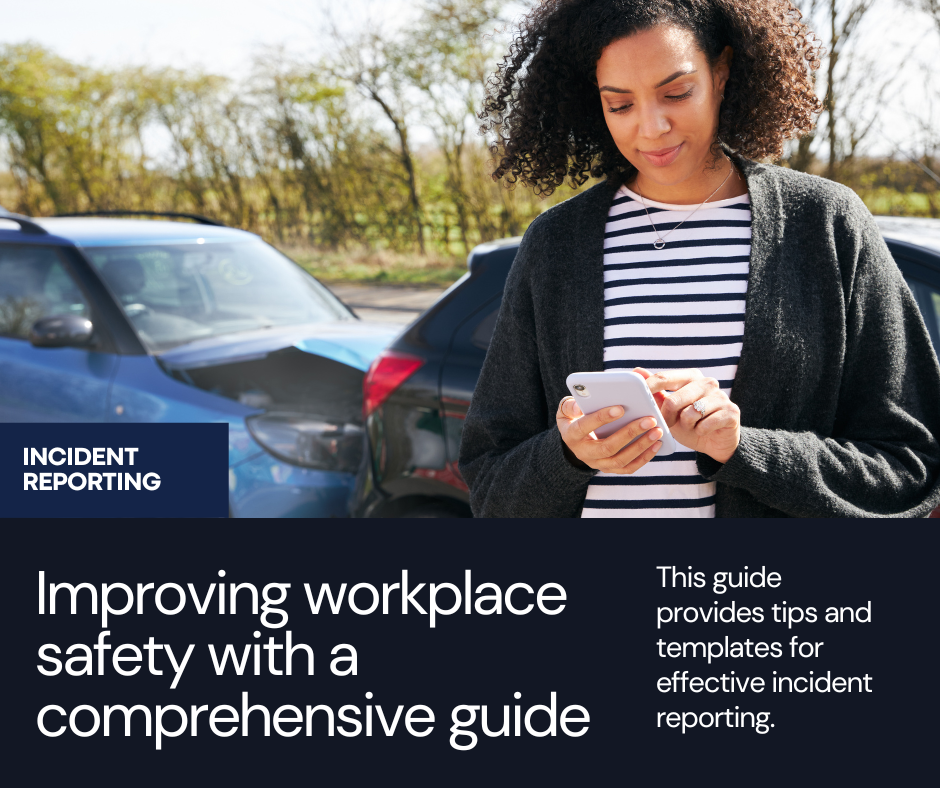Over the past few decades there have been hundreds of books and articles written about “Consultative Selling”. Consultative selling is a sales technique that requires sales professionals to know their products and services in great detail. But it also requires them to know their customers even better. Consultative selling, my preferred technique for selling security security guard service, relies heavily on salespeople seeing themselves more as problem solvers than salespeople. In fact, in consultative selling the service or product that you are selling are incidental to the service that you provide.
The consultative sales process is based on six principles: 1) Research; 2) Ask; 3) Listen; 4) Teach; 5) Qualify; 6) Close. In this post I will focus on principle #3, Listening. In my experience if salespeople who are selling security guard service train themselves to listen better, they can overcome many of the obstacles to closing a sale. For more information on the other principles you can refer to the article The Consultative Sales Process.
Many buyers have come to expect anyone selling security guard service to talk on and on about the benefits of their services and why they should buy from their company. Unfortunately some salespeople don’t disappoint. But in today’s market, buyers are often as informed about the products and services that they need as the salespeople. Rather than selling to a buyer, a salesperson’s real job is to help that buyer find solutions to some need that has gone unfulfilled. The key to doing this is listening to and probing the buyer to gain a deeper understanding of their real challenges.
Tip: If you are selling security guard service and leave a meeting without being able to articulate at least 3 challenges that your prospect is facing chances are you didn’t listen enough.
The “ACID TEST” for Selling Security Guard Service
To help improve your listening ability, try using the “ACID TEST”. ACID TEST is an acronym that represents the process for active listening. Active listening is a communication technique that is often used in counseling or conflict resolution but is also applicable in selling security guard service. The acronym stands for:
- Analyze
- Concentrate
- Interpret
- Deliberate
- Theorize
- Exercise
- Study
- Tune In
Analyze – As the client is speaking analyze what they are saying. Are the providing you with facts, opinions, or assumptions.
Concentrate – To help concentrate on what the prospect is saying, pay attention to their voice and their intonations. Also make sure that you are making eye contact and paying attention to their gestures and body language.
Interpret – In many cases people do not always say what they mean. I’ve learned that the challenge that someone is discussing might not actually be the problem that needs to be addressed. So make sure that you understand their “true” challenges by asking probing questions.
Deliberate – Create a mental checklist of all the key points that your prospect touches on, especially if they cover a certain topic repeatedly. Make sure that during the course of your meeting that you repeat back to them these key sentences to prove that you have been listening.
Theorize – As your conversation continues you should develop theories about what your prospect has or has not said. If the prospect never mentions any issues with their current provider does that mean that they are satisfied and are just talking with you as part of a buying process.
Exercise – Listening is both a mental and physical exercise. While listening, consciously use your body to mirror the movement and gestures of the prospect. According to Neuro-Linguistic Programming experts, by doing this you will be able to build trust with the prospect.
Study – While deliberation requires a slight mental withdrawal from your prospect, studying requires that you actively and intensely think about what he or she has said.
Tune-In – Tuning in to what your prospect has said implies empathizing with them. Putting yourself into your clients shoes to see the world as they see it helps to convey to your client that they are more than just a sale that has to be made.
By using these listening techniques when selling security guard service, you can position yourself as more than just a salesperson who is attempting to make a sale. Your prospects will begin to see you as a trusted resource who is interested in helping solve their challenges. More importantly, the knowledge that you gain from the meeting will help you develop a proposal that speaks to your prospect’s needs, as well as get you closer to closing the sale.
If you use consultative selling while selling security guard service have you been successful? Are you using other techniques for selling security guard service? We would love to hear about your experiences. Please leave your comments below.
By Courtney Sparkman






